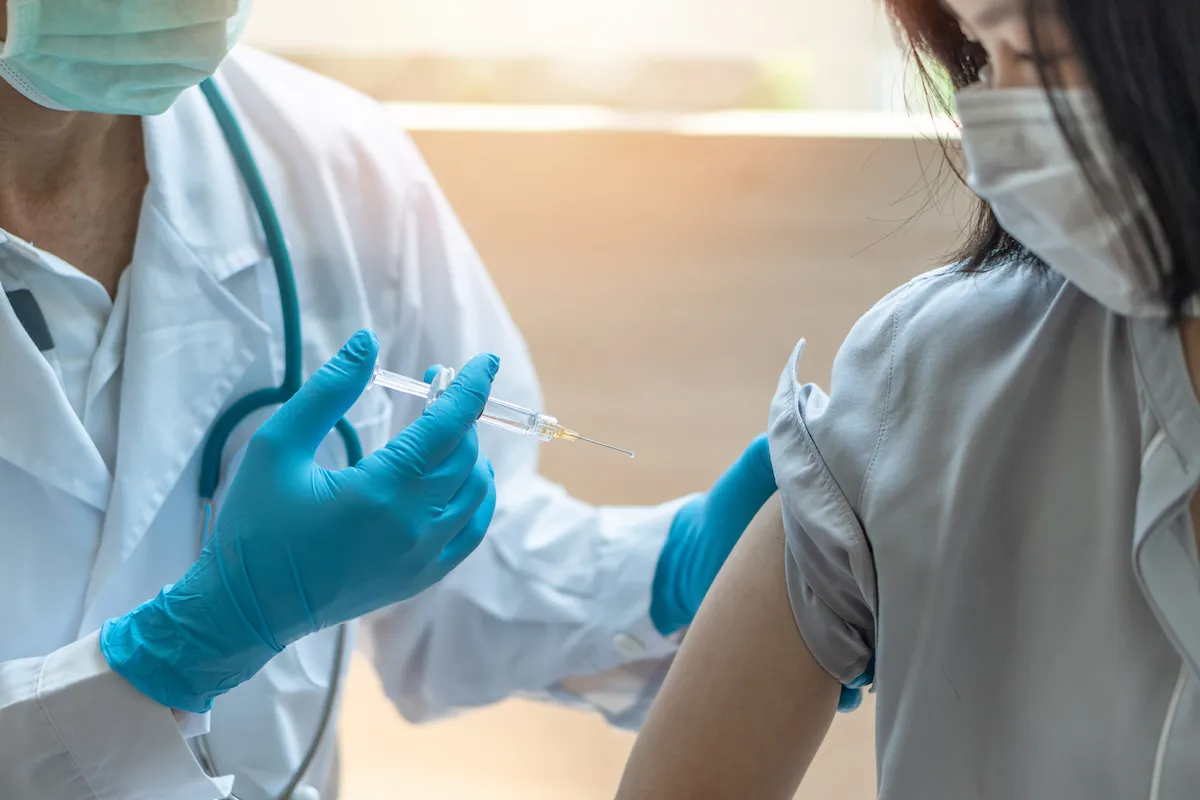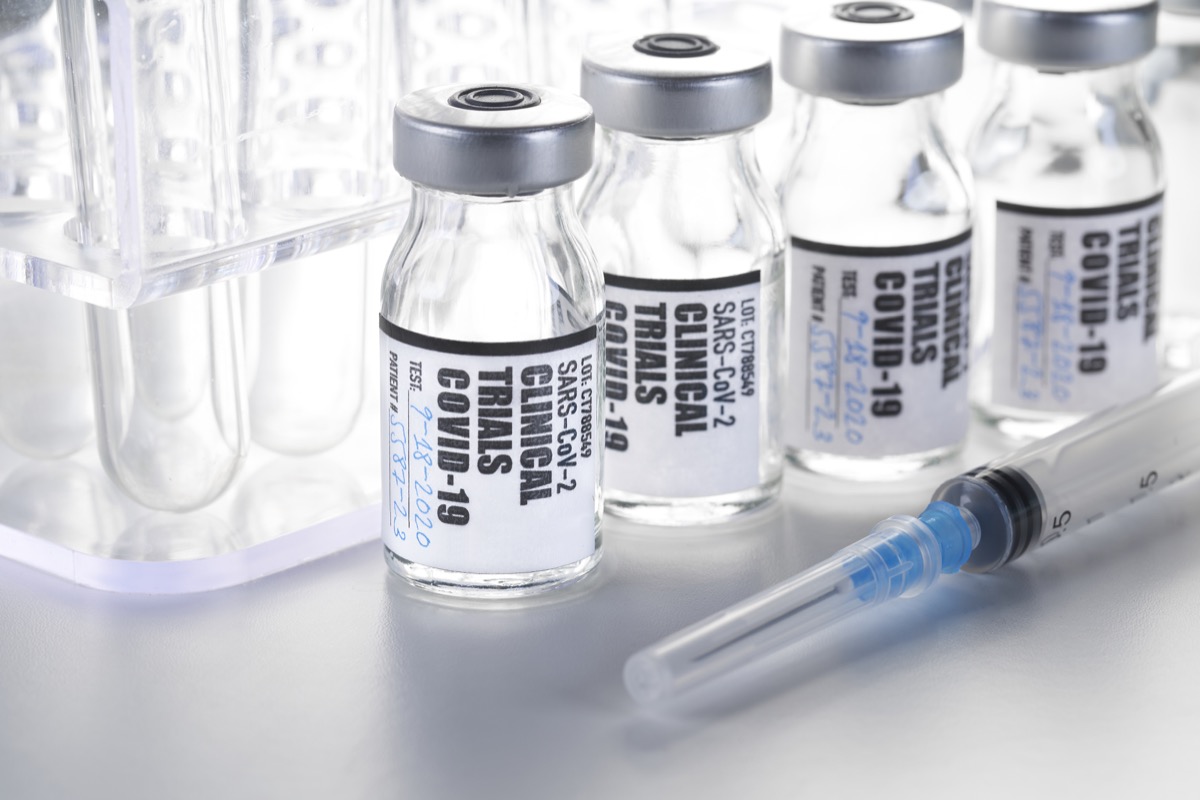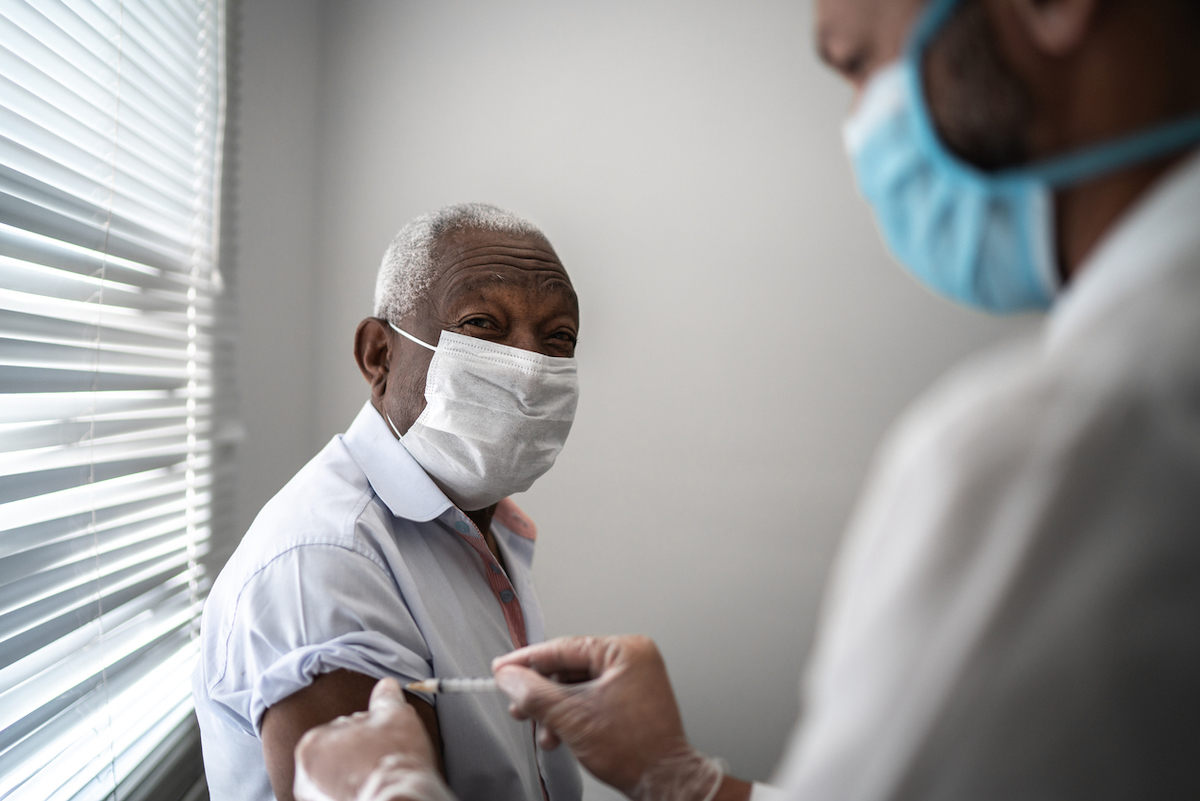Similar to the flu vaccine, vaccinologists have projected that the coronavirus vaccine will require annual shots or booster shots. But, as Fauci told McClatchy, it’s not clear whether or not the COVID-19 vaccines will last that long since the virus has only been around in the U.S. since March. “We’re less than a year into the disease, so you can’t say it lasts more than a year—I mean, that would be impossible,” he said. “That doesn’t make any sense because no one that we know of that we’re following has been infected more than a year.” But data from similar coronaviruses may provide some insight, according to the nation’s leading immunologist. In the 2002 SARS outbreak, for example, those who came down with the virus were naturally immune for over a year, though their immunity eventually waned. “So the bottom line is we don’t know right now how long it lasts,” Fauci said of immunity from the COVID-19 vaccine. “But it likely would last for a full year’s cycle.” Much longer than that, though, may be a bridge too far. “From what we know of the duration thus far of immunity, I would be surprised if it turns out to be a 20-year duration, but I would also be surprised if it was less than a year,” Fauci said. “I think it would probably be more than a year.” Read on to see what else we know about the vaccine at this point, and for more of Fauci’s perspective, check out Dr. Fauci Says This Many People Need to Get Vaccinated to Stop COVID. Read the original article on Best Life. In a recent interview with NPR’s Morning Edition, Fauci said the plan for the vaccine’s rollout is starting to come together. “It will be a list in which you go from people who are either at a highest risk or are important to society,” he explained. “And then as you go down the list, it gets to people who are less at risk for serious disease.“ae0fcc31ae342fd3a1346ebb1f342fcb That graded list for the COVID vaccine is starting to take shape and the expert Advisory Committee on Immunization Practices, which is charged with working out exactly who receives the vaccine and when, is voting on Dec. 1 to determine the order. Based on the committee’s early deliberations, which were published in the CDC’s Morbidity and Mortality Weekly Report on Nov. 27, it’s looking like healthcare workers will top the list. “The ability of essential workers, including health care workers and non-health care workers, to remain healthy has a multiplier effect,” the CDC report reads. That means their ability to “remain healthy helps protect the health of others and/or minimiz[es] disruption to society and the economy.” And for more on who will be in the early groups, check out These Will Be the Very First People to Get the COVID Vaccine, CDC Says. “As you go down the list, it gets to people who are less at risk for serious disease,” Fauci told NPR. “The 25- [or] 30-year-old person with no underlying conditions who’s otherwise healthy—that likely will be the person towards the end.” And for all the up-to-date COVID news, sign up for our daily newsletter. Both Pfizer and Moderna’s vaccines require two doses, which has some doctors worried. “We really need to make patients aware that this is not going to be a walk in the park,” said Sandra Fryhofer, MD, of the American Medical Association, during a Nov. 23 meeting with the Advisory Committee on Immunization Practices, as reported by CNBC. “They are going to know they had a vaccine. They are probably not going to feel wonderful.” The fear is that people won’t return for their second dose due to these unpleasant side effects, thus rendering the first round useless. So, what side effects should you be aware of? According to doctors and volunteers in the trials, expect a fever, a sore arm, muscle aches, a headache, fatigue, and perhaps nausea and/or vomiting. A few have suggested you may even need to stay home from work, but any vaccine-related side effects should subside by the following day. And for more on what to expect, check out These Are the COVID Vaccine Side Effects Doctors Are Worried About. The earliest people to be inoculated, referred to by the CDC as group 1a, will likely be “getting vaccinated towards the end of December,” Fauci told NPR. Though his projections “are not guaranteed,” Fauci said “the first several months of 2021 will be going through the priority group.” Then, he explained, “by the time you get to, let’s say, the end of April, the beginning of May, June, July, [and] as we get into the second quarter, it’d be much more likely that you’ll have ’the general population’… Not on the priority list, able to get vaccinated.” And if you want to get ready, beware that You Need to Quit This Bad Habit Before Getting a COVID Vaccine, Study Says.



